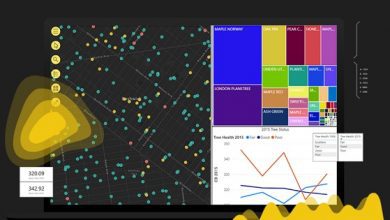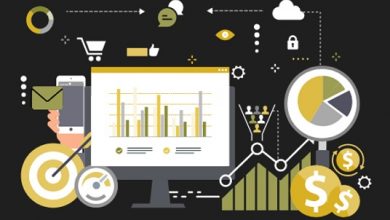Economics/Business
Economics
Economics is the social science that studies how individuals, businesses, governments, and societies allocate scarce resources to satisfy their unlimited wants and needs. It is concerned with the production, distribution, and consumption of goods and services, and the decisions and behaviors of individuals and institutions that shape these processes.
By reading the intensive articles of Englopedia.com you will grasp that it is a broad field that encompasses various branches and subfields, including microeconomics, macroeconomics, international economics, labor economics, behavioral economics, and many others. Microeconomics focuses on the behavior of individuals and firms, while macroeconomics looks at the overall performance of the economy, including issues such as inflation, unemployment, and economic growth. International economics examines the flow of goods, services, and capital across borders, while labor economics focuses on the behavior of workers and employers in the labor market.
Englopedia will make you aware that Economists use a range of tools and techniques, such as mathematical modeling, statistical analysis, and experimental methods, to study and analyze economic phenomena. They aim to understand how markets work, how individuals and institutions make decisions, and how public policies and institutions impact economic outcomes.
Through the leading articles of Englopedia you will realize that Economics has significant implications for individuals, businesses, governments, and societies, as it can inform decisions related to investments, production, taxation, trade, and social welfare policies. It is a crucial field of study for understanding the functioning and dynamics of modern economies and for addressing pressing global issues, such as inequality, climate change, and economic development.
-
What is corporate culture importance types Components examples
What Is Corporate Culture? Corporate Culture also called Business or organizational culture is a term that describes the combination of…
Read More » -

What is Power BI/benefits/working/How to acquire/Free and paid
What Is Power BI? Power BI is Microsoft ‘s data assessment and visualization tool , whose main purpose is to support assertive…
Read More » -

What is mentoring in business/role/importance/ benefits
What is mentoring and how does it work? Mentoring in business is when an experienced entrepreneur with a good reputation…
Read More » -

What is narcissism/characteristics/Types/Identification
What Is Narcissism? Narcissism is a personality trait that makes the individual want to always be in the spotlight , controlling people…
Read More » -
What is the code of conduct/importance/benefits/4 examples
What Is The Code Of Conduct? Code of conduct or ethics is a document that brings together the principles and…
Read More » -

What is financial mathematics/importance/concepts/formulas
What Is Financial Mathematics And What Is It For? Financial mathematics is an area of practical application of mathematics , which consists of…
Read More » -

What is humanization in companies/importance/benefits/process
What Is Humanization In Companies? Humanization in companies is a concept based on measures that increase satisfaction and happiness at work , contributing to…
Read More » -

What is Digital Analytics/purpose/importance/5 main tools
What Is Digital Analytics? Digital analytics or digital data analysis refers to a set of actions for collecting, evaluating, comparing and monitoring…
Read More » -

What is lead time in business/Advantages/Calculation/Example
What is LeadTime? Lead Time in business is the time used to run the entire production cycle – from a…
Read More » -

What is corporate reputation/ importance/factors/How to manage
What Is Corporate Reputation? Corporate reputation is a set of impressions that define the status of an organization before the public it…
Read More »